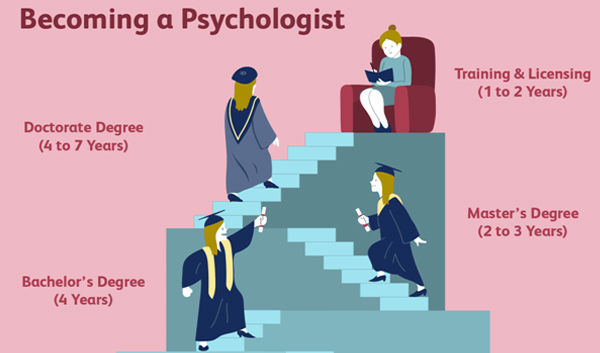As a practicing psychologist, you'll often need to determine how people deal with stress, death, divorce, chemical imbalances and many other mental health issues. There are a number of specializations that you can choose from including clinical, counseling, industrial-organizational, educational, developmental, experimental and social psychology. Should you specialize in clinical psychology, you'll be likely to work in counseling centers, hospitals or clinics to help patients cope with emotional and mental health issues.

Psychologists must have a bachelor's degree in psychology or a similar discipline. In order to practice, a master's degree in psychology and a license are also required. A doctorate degree is often required for independent practice, teaching, counseling or clinical and research positions at universities, colleges and healthcare facilities.

As an aspiring psychologist, you must have a Bachelor of Science in Psychology or a related degree. According to College Board, you may expect to take courses in cognitive psychology, personality development, abnormal psychology, biological psychology, social psychology, learning and memory development (www.collegeboard.com). Once you have graduated, you'll be able to assist psychologists in mental health centers and rehabilitation offices.

The U.S. Bureau of Labor Statistics (BLS) states that to become a psychologist, you must earn a Master of Science in Psychology or a similar field (www.bls.gov). A few classes you may take are psychopathology, social psychology and assessment of personality. With a master's degree, one job option is working in the industrial-organizational psychology field as an assistant to a research psychologist.
